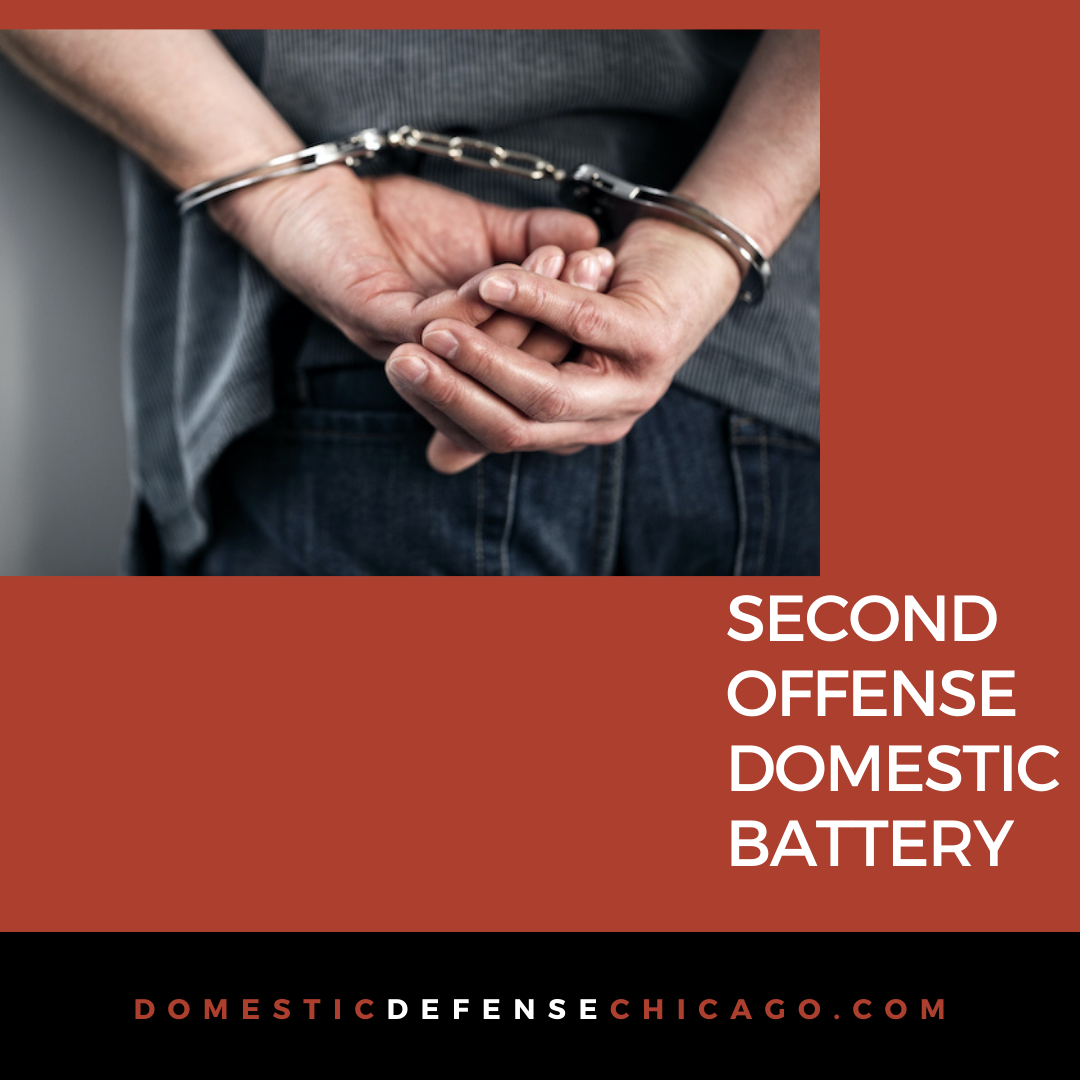Definition and Legal Framework

Domestic battery is a serious offense that involves the intentional use of force against another person, typically within a domestic relationship. It is a crime that can have devastating consequences for both the victim and the perpetrator.
Domestic battery laws are designed to protect individuals from violence within their homes and families. These laws are in place to ensure that victims of domestic violence have access to legal recourse and protection.
Definition of Domestic Battery
Domestic battery is typically defined as the intentional or reckless infliction of bodily harm or offensive touching upon another person with whom the offender has a domestic relationship. This relationship can include spouses, former spouses, dating partners, cohabitants, family members, or others who have a close personal relationship.
Examples of Domestic Battery
Domestic battery can manifest in various ways, including but not limited to:
- Punching, kicking, or slapping
- Choking, strangling, or suffocating
- Pushing, shoving, or grabbing
- Using weapons to inflict harm
- Causing physical injury through any means
Legal Elements of Domestic Battery
To establish domestic battery, the prosecution must prove the following elements beyond a reasonable doubt:
- Actus Reus: The defendant committed a voluntary act that caused harm or offensive contact.
- Mens Rea: The defendant acted intentionally or recklessly, meaning they knew or should have known their actions would cause harm or offensive contact.
- Domestic Relationship: The defendant and the victim were in a domestic relationship as defined by law.
- Bodily Harm or Offensive Contact: The defendant’s actions caused bodily harm or offensive contact to the victim.
Domestic Battery vs. Assault and Battery
Domestic battery is closely related to assault and battery, but there are some key differences.
- Assault: Assault involves an act that creates a reasonable apprehension of immediate harm. It does not require actual physical contact.
- Battery: Battery involves the actual physical contact that causes harm or offensive touching.
- Domestic Battery: Domestic battery combines the elements of battery with the requirement of a domestic relationship between the offender and the victim.
Domestic battery is a more serious offense than assault or battery because it involves violence within a domestic relationship, which can have lasting consequences for the victim and the family.
Consequences of Domestic Battery: What Is Domestic Battery

Domestic battery, a serious crime with devastating consequences, leaves deep scars on victims and their families. The impact extends beyond physical injuries, affecting emotional well-being, mental health, and overall quality of life. Understanding the consequences of domestic battery is crucial for protecting victims and ensuring accountability for perpetrators.
Legal Penalties
Domestic battery carries significant legal consequences, including fines, imprisonment, and restraining orders. The severity of the penalties varies depending on factors such as the nature of the assault, the victim’s injuries, and the perpetrator’s criminal history.
- Fines: Domestic battery can result in substantial fines, ranging from hundreds to thousands of dollars. The amount of the fine is often determined by the severity of the offense and the perpetrator’s ability to pay.
- Imprisonment: Depending on the jurisdiction and the circumstances of the crime, domestic battery can lead to imprisonment ranging from a few months to several years.
- Restraining Orders: Victims of domestic battery can seek restraining orders, also known as protection orders, to prevent further contact and harassment from the abuser. These orders can restrict the perpetrator’s access to the victim’s home, workplace, and children.
Impact on Victims
Domestic battery has a profound impact on victims, causing physical, emotional, and psychological harm. The consequences can be long-lasting and deeply affect their lives.
- Physical Harm: Domestic battery can result in a wide range of physical injuries, including bruises, cuts, broken bones, and even death.
- Emotional Harm: Victims of domestic battery often experience fear, anxiety, depression, and post-traumatic stress disorder (PTSD). They may feel isolated, trapped, and unable to escape the abuse.
- Psychological Harm: Domestic battery can lead to long-term psychological consequences, including low self-esteem, difficulty trusting others, and problems with relationships.
Long-Term Consequences
The long-term consequences of domestic battery can be devastating, affecting victims’ physical and mental health, relationships, and overall well-being.
- Post-Traumatic Stress Disorder (PTSD): Victims of domestic battery are at a high risk of developing PTSD, characterized by flashbacks, nightmares, and avoidance behaviors.
- Anxiety and Depression: Domestic battery can trigger anxiety and depression, leading to difficulty concentrating, sleep disturbances, and loss of interest in activities.
- Chronic Pain: Victims of domestic battery may experience chronic pain, both physical and emotional, as a result of their injuries and the trauma they have endured.
Potential Consequences of Domestic Battery, What is domestic battery
The following table illustrates the potential consequences of domestic battery based on severity and jurisdiction. It’s important to note that these are general guidelines and actual penalties may vary depending on specific circumstances.
| Severity | Jurisdiction | Potential Consequences |
|---|---|---|
| First-Degree Domestic Battery | State A | Fines up to $10,000, imprisonment up to 10 years |
| Second-Degree Domestic Battery | State B | Fines up to $5,000, imprisonment up to 5 years |
| Third-Degree Domestic Battery | State C | Fines up to $1,000, imprisonment up to 1 year |
What is domestic battery – Domestic battery is a serious crime that involves physical harm or assault within a household. It can be tricky to differentiate from a simple argument, but the line gets blurry when things get physical. The recent news about Skai Jackson domestic violence really brought this issue to the forefront.
It’s a reminder that domestic battery can happen to anyone, regardless of fame or status, and it’s important to seek help if you’re experiencing this type of abuse.
Domestic battery is a serious issue, and it’s important to know your rights if you’re experiencing it. It’s a completely different topic than the news about Skai Jackson being pregnant, as confirmed by TMZ , but it’s important to remember that domestic battery is a crime, and there are resources available to help those affected.
